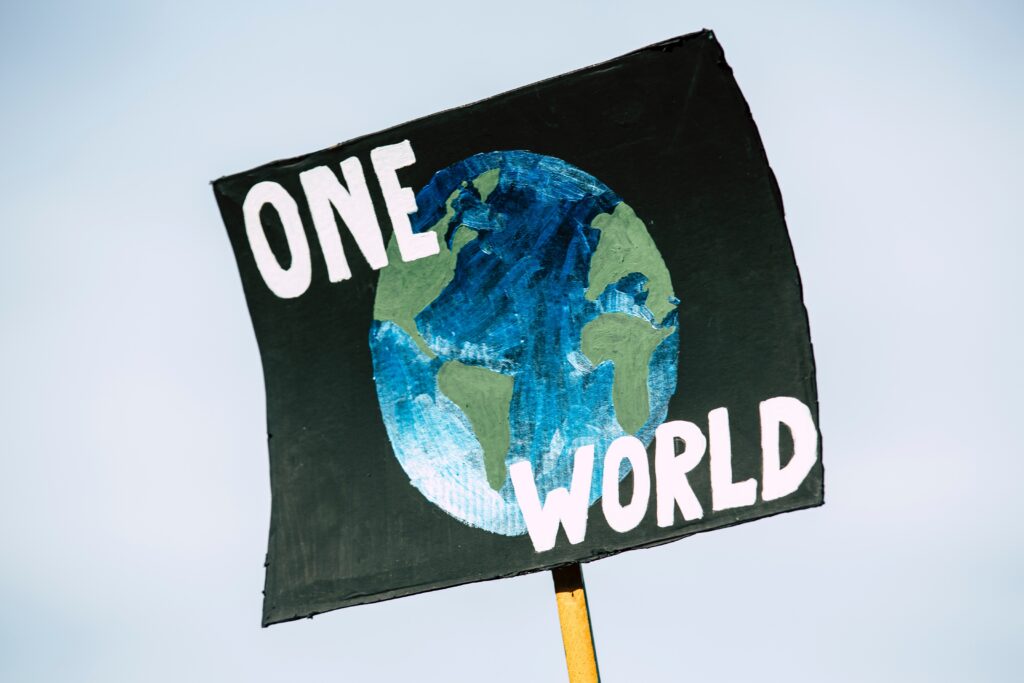On Earth Day we celebrate our life -better- life on Planet Earth. However, the celebration comes in the midsts of worrying news and scientific reports about climate change or the damage we are causing on this wonderful planet. A damage so unfathomable that it defies even the Fermi Paradox. How is the wine industry changing with Climate Change?
Climate change is having a profound impact on many industries, and the wine industry is no exception.
As temperatures rise and weather patterns shift, winemakers are facing new challenges in producing the high-quality wines that consumers have come to expect. In this article, we will explore how climate change is transforming the wine industry and what winemakers are doing to adapt.
According to a report by the Intergovernmental Panel on Climate Change (IPCC), global temperatures have already risen by 1°C above pre-industrial levels, and are likely to rise by another 1.5°C by 2040. This increase in temperature seems minor but it has led to changes in weather patterns, including more frequent and severe heat waves, droughts, and extreme weather events.
Climate Change in the Wine Industry
New Grape Varieties
One of the most significant impacts of climate change on the wine industry is the changing growing conditions for grapes. In many traditional wine-growing regions temperatures are rising to levels that were once considered too hot for grape cultivation. This has led to a decline in the quality of some wines, as grapes ripen too quickly and lose their characteristic flavors and aromas.
In response to these changing conditions, winemakers are experimenting with new grape varieties that are better adapted to hotter and drier climates and bringing back varieties whose cultivation was abandoned. For example, in Spain, winemakers are planting long-lost grape varieties such as Estaladiña and Cenicienta. In Australia, winemakers are also exploring new varieties, such as Tempranillo and Vermentino, that are better suited to the hotter and drier climate.

Changing Farming Practices
Another way that winemakers are adapting to climate change is by changing their farming practices. For example, many winemakers are adopting sustainable and organic farming practices, which can help to conserve water and reduce the use of pesticides and herbicides.
They are also investing in new irrigation systems and soil management techniques that can help to retain moisture and prevent soil erosion.
In addition to these practical measures, some winemakers are also using their products to raise awareness of climate change and promote sustainability. For example, in California, a group of winemakers have launched the “Drink Sustainably” campaign, which encourages consumers to choose wines that are produced using sustainable farming practices.
what else is there to say?
Climate change is having a significant impact on the wine industry, and winemakers are having to adapt quickly to ensure that they can continue to produce high-quality wines in the face of changing growing conditions. As xtraWine, we are investing heavily on giving space to the branch of natural, organic and biodynamic wines because we truly believe in sustainable growth. As consumers, we are ourselves actively supporting the wine industry’s efforts to adapt to climate change by choosing wines that are produced sustainably and in a way that minimizes their impact on the environment.
Happy Earth Day!










